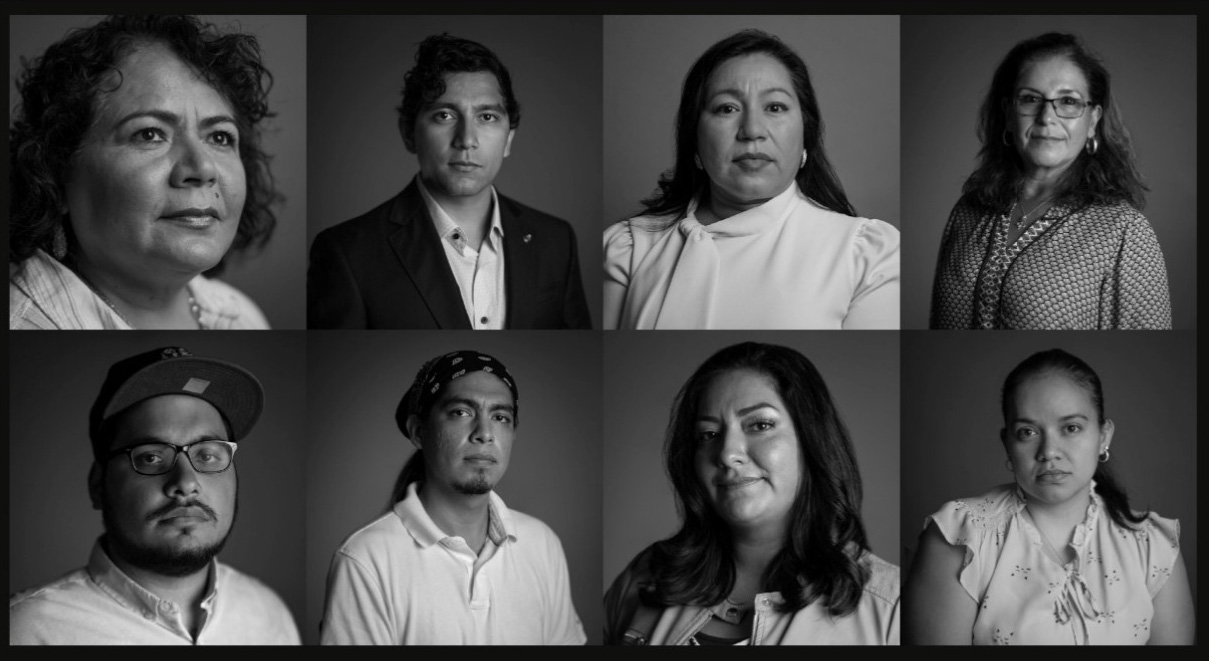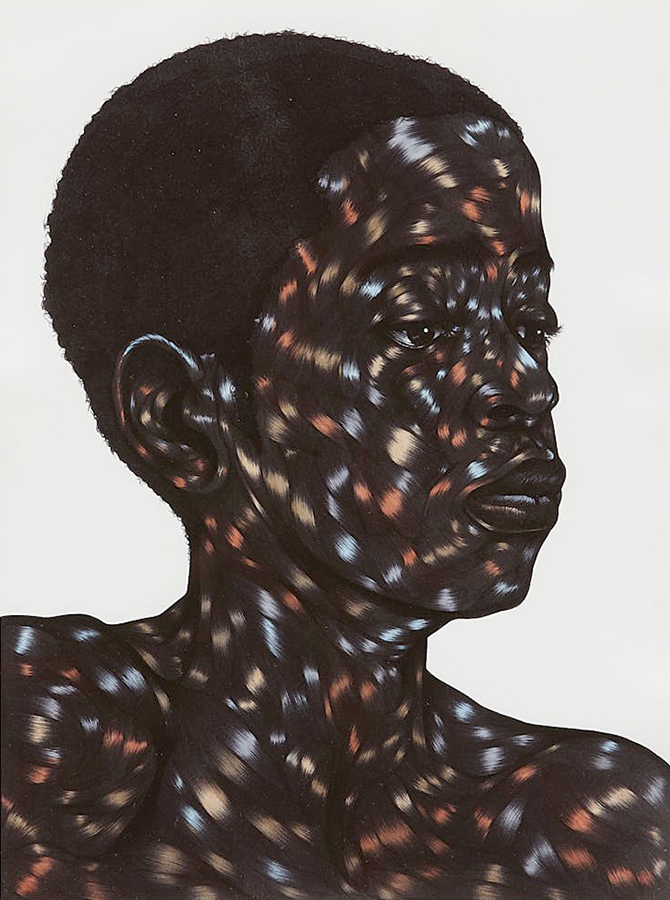There are events in my past that I’d just as soon forget. There was that time I asked a woman in my parish when her baby was due and she replied she wasn’t pregnant. I wanted to crawl under a pew. Or the time as a 12-year-old I punched Jeff Groman in the jaw for calling my father a bad name. I wish I could go back and stop that punch. I was wrong for a lot reasons, not the least of which was the fact that Jeff did no such thing. And there was the time as a young priest I told a woman who was clearly homeless and in need of my attention that she was rude for interrupting a conversation I was having with friends. In some ways, I will be looking for her for the rest of my life to apologize.
There are other more difficult memories I’d just as soon not have. Suffice it to say those are between me, my confessor and Almighty God, who I pray forgives me through the merits and mediation of Jesus. But it’s important that I remember, however painful and difficult it may be. It represents the truth about who I was at the time and who I have become today. With all apologies to Jack Nicholson’s character in “A Few Good Men,” even though it may be difficult to “handle the truth” about ourselves, handle it we must.
Alison Winter in her new book, “Memory: Fragments of Modern History,” writes about how neuroscience is now capable of performing “memory dampening” that could lead to what researchers call “therapeutic forgetting.” This technique comes as result of the desire people have (or the desire people have for them) to forget painful memories. She writes that efforts are now being made to do just that. For example, military personnel suffering from PTSD might benefit from such therapeutic forgetting to limit their post-wartime trauma. Victims of abuse could undergo pharmaceutical intervention to dampen their memories of the abuse. The possibilities and potential occasions for therapeutic forgetting could be endless. But at what threshold? I’d prefer to forget my faux pas with the non-pregnant parishioner, but should I?
Apparently, some veterans’ advocate groups criticize this proposed therapy because they see it as a “metaphor” for how the country is handling the trauma of recent wars -- that is, we’d all like to forget there was even any trauma at all. And that criticism begins to get at the moral implications of this therapy. Our experiences, good and bad, are central to our personal identity. They are what they are and they shape who we are. Who would we become with some of our memories wiped clean?
I can’t imagine anyone wishing for people to retain traumatic memories of war or abuse. We’d all wish and pray for no one ever even having to have those memories in the first place. So, it’s natural that people would want to find a way to remove what’s painful. I’m sure it comes with the best of intentions and out of genuine compassion for those who suffer.
Still, as Christians, we’re people of memory. And as those called to serve God’s church, we’re called to help God’s people remember. We gather at the Eucharistic Table to remember what God has done for us in Jesus’ cross and resurrection. We remember our sins to God so, as Jeremiah records, God “will remember our sins no more.” Without the capacity to remember we might even forget that we are not God.
In contemporary America, we have a difficult enough time as it is remembering that truth.
Scott Benhase is the Episcopal Bishop of the Diocese of Georgia.






